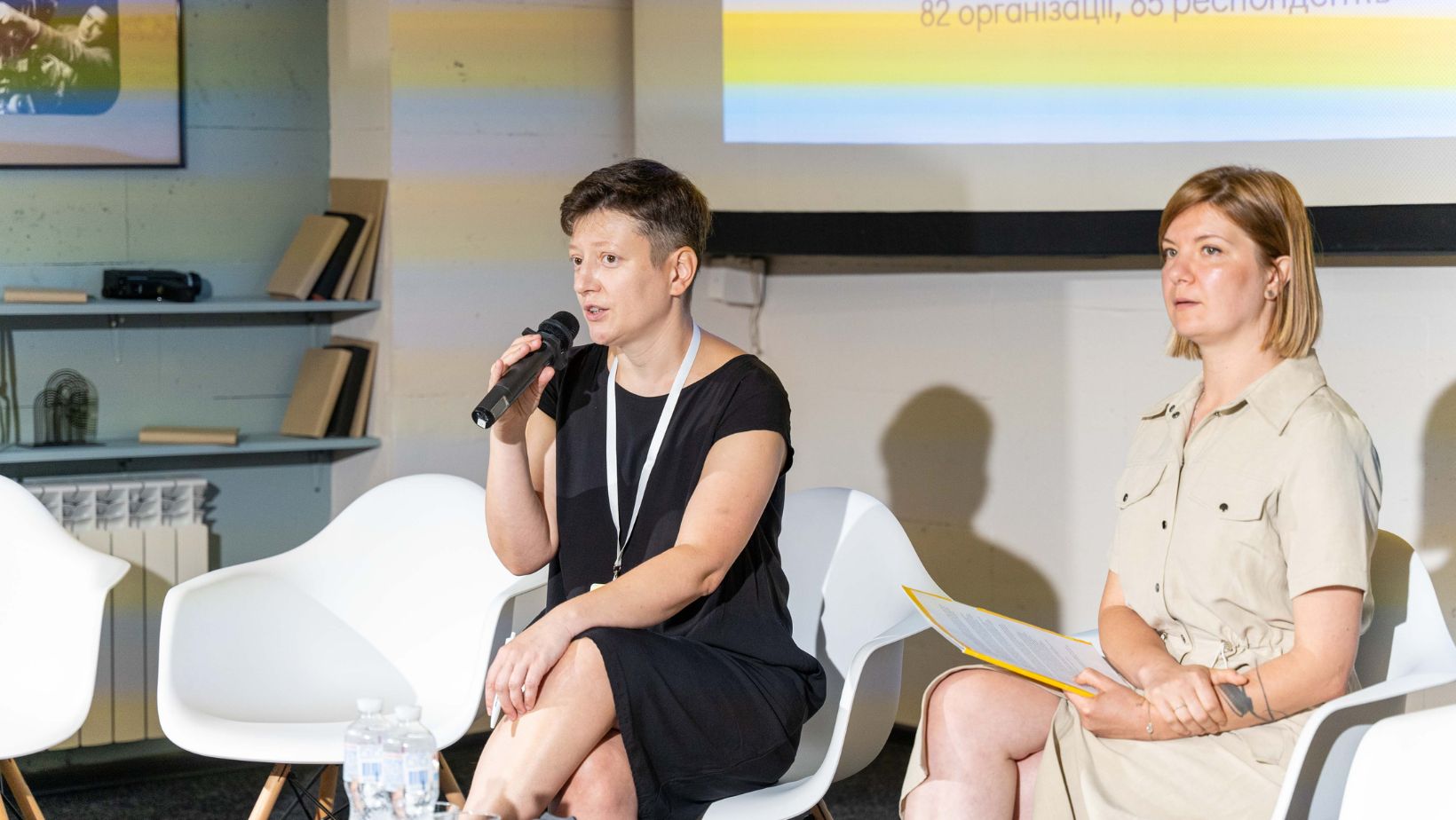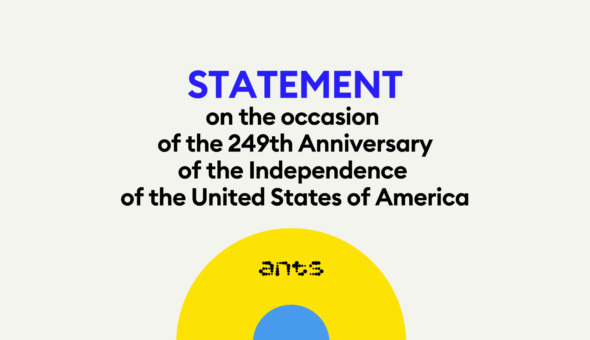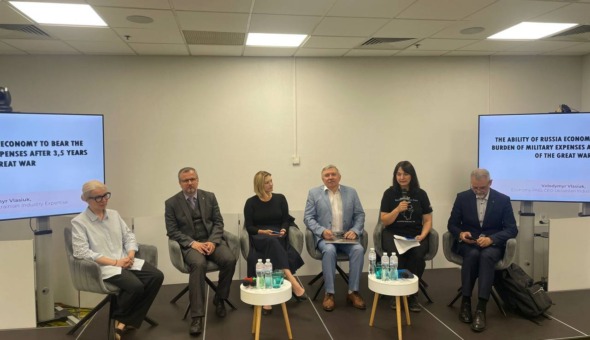
The Ministry of Culture and Strategic Communications of Ukraine is preparing for an essential step — the approval of the Culture Development Strategy for 2025-2030. However, does this draft take into account all the challenges and opportunities the country faces? Members of the ANTS Cultural Heritage Protection Network took part in the discussions of the draft Strategy and added their suggestions.
According to the results of the discussions, most of the proposals are not just technical amendments or formal additions. They reflect the deep demand of society and professional communities for effective mechanisms for the protection and management of cultural heritage. The participants of the discussions agree that culture is the foundation of our national identity and helps us to withstand the challenges of war, propaganda and loss of orientation. We would also like to remind you that in their Manifesto, the members of the ANTS Cultural Heritage Protection Network call for the recognition of cultural heritage as a fundamental national interest of Ukraine at the legislative level and thus include it in the circle of national security priorities.
What do the members of the Cultural Heritage Protection Network suggest?
Among the key additions:
Alignment of the Strategy’s goals and objectives with EU standards and policies
The strategy must comply not only with the formal requirements of the Association Agreement, but also with existing European policies and standards in the field of culture and cultural heritage. Otherwise, experts believe that Ukraine’s integration into the EU’s cultural space (including funding programmes) will be complicated, and a number of problematic issues will remain unresolved. In the opinion of the Network members, the Strategy practically does not take into account the EU practices of broad involvement of the public sector in the development of cultural policies and strengthening of intersectoral relations in the field.
Accessibility of cultural heritage
The operational objective “Accessibility of cultural heritage” in the draft Strategy for consideration focused only on the information aspect and digitalisation. However, the physical accessibility of cultural heritage sites, in particular for people with disabilities, also requires attention. It is proposed to include requirements for physical accessibility in line with European standards.
Systematisation of digitisation of cultural heritage
The digitisation of Ukrainian cultural sites is currently taking place chaotically, without clear priorities and defined standards. Experts suggest creating standardised requirements for this process to preserve as much information as possible about valuable objects.
Cybersecurity of cultural institutions
In the age of digitalisation, the issue of protecting cultural heritage from cyberattacks is becoming critically important. The proposal is to develop and implement uniform cybersecurity standards for cultural institutions.
Evacuation of museum property in case of threats
Creating secure storage facilities and updating algorithms for the evacuation of cultural property are important, but, according to the Network members, a system for monitoring potential risks and algorithms for early response to them should also be created and launched.
Preservation of archaeological heritage
Experts suggest that special attention should be paid to a comprehensive programme for the protection and preservation of archaeological heritage, as legislation and regulation in this area, which is currently facing extraordinary challenges, has not been updated since Soviet times and is outdated and inapplicable in modern conditions.
For more details on the proposals, please follow the link
Building international support for Ukraine through cultural diplomacy
Cultural diplomacy has a great potential to build trust, mutual understanding and partnership with other countries, which helps to strengthen Ukraine’s position on the global stage. This requires developing a unified communication strategy that emphasises the uniqueness of Ukrainian culture, promoting the narrative of Ukraine as a European, modern and culturally rich state, expanding the activities of the Ukrainian Institute abroad, and more active interaction between Ukraine’s diplomatic missions abroad and the cultural and scientific communities of the host country.
Why are these changes crucial?
The Network members believe that it is critically important to align the Strategy with the EU’s fundamental documents in the field of culture and cultural heritage, as European integration and reforms cannot be successful without synchronisation with pan-European processes. The analysis of these processes and practices can already provide many answers to the questions and challenges facing Ukrainian culture and art, so we hope that the new MCSC team will synchronise the key provisions of the Strategy with the relevant documents and recommendations of the European Union.
Svitlana Yednak, Communications Expert, ANTS Network



